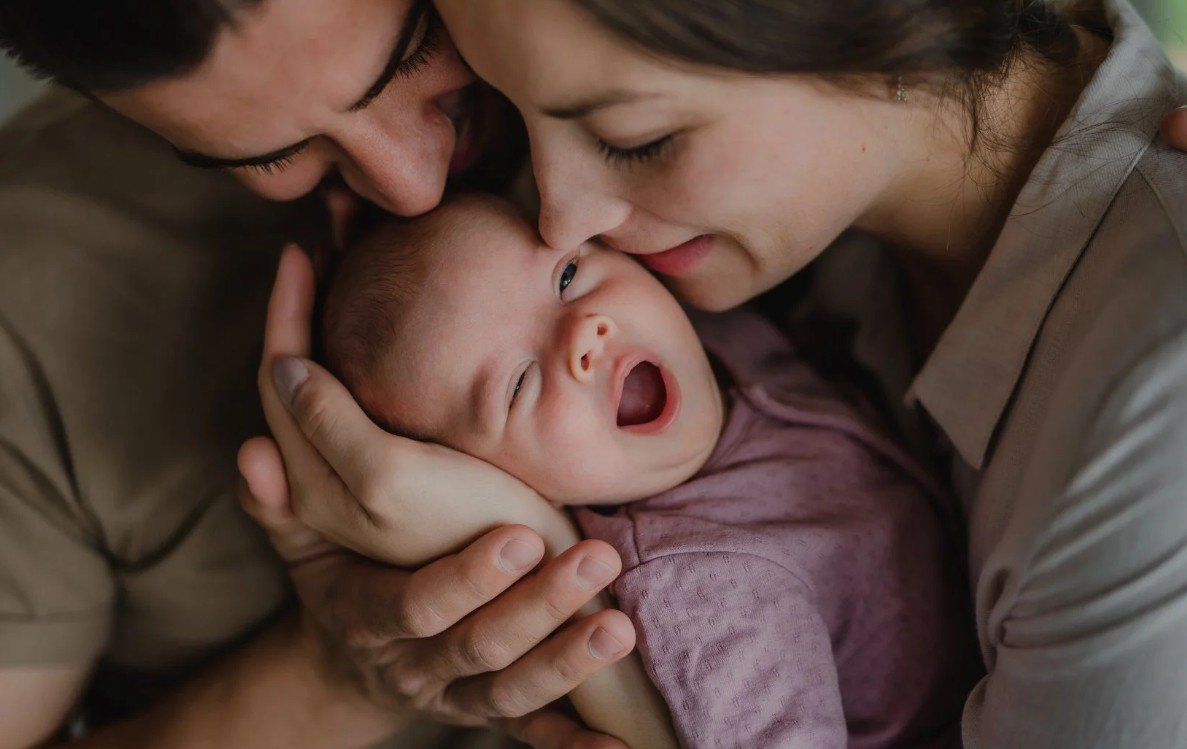In a touching story from Atlanta, new mother Victoria Harris vanished while pregnant and battling severe mental illness, only to be found and give birth to her daughter on September 27, 2025. Now receiving vital psychiatric care, Harris named her baby Hope, symbolizing the family’s resilience amid Georgia’s strained but evolving mental healthcare system.
A Pregnant Woman’s Sudden Disappearance
Victoria Harris went missing in May 2025, deep in the grip of serious mental health struggles. Her family searched desperately, holding onto slim chances of her safe return.
Authorities located her later that summer. She faced arrest on an old warrant and ended up in Cobb County Jail. Yet this moment marked a turning point. Charges dropped, and she moved to Wellstar for required treatment before heading to Grady Memorial Hospital for delivery.
At Grady, Harris spent five precious days with her newborn. In those moments, she chose the middle name Hope for her daughter, a beacon during dark times.
Her sister, Brittaney Bathea, now cares for the baby. Bathea shared how hope kept the family going. It fueled their push through uncertainty and fear.
This case highlights gaps in support for pregnant women facing mental crises. Many slip through without timely help, leading to tragic outcomes.

The Birth of Baby Hope and Family Support
Baby Hope arrived healthy on September 27, 2025, after her mother’s challenging journey. The delivery at Grady offered a brief family reunion before Harris entered psychiatric care.
Bathea stepped up as a key caregiver. She described the emotional weight of raising her niece while supporting her sister. Community groups played a big role too.
One Atlanta nonprofit, Motherhood Beyond Bars, supplied essentials like diapers and bottles. They aid hundreds of families dealing with similar issues statewide.
Such support networks prove crucial. They fill voids left by overburdened public systems, offering practical help to those in need.
Harris remains in a psychiatric hospital, focusing on recovery. Her story shows how quick intervention can change lives for the better.
Challenges in Georgia’s Mental Health System
Georgia’s mental healthcare faces ongoing hurdles, especially for vulnerable groups like pregnant women. State data reveals stark realities that demand attention.
Between 2010 and 2020, 141 pregnant individuals died in Georgia, with 20 deaths linked to mental health issues. These numbers underscore the risks when care falls short.
Long waitlists plague psychiatric hospitals. Families often wait weeks for beds, worsening crises.
Experts note a shortage of providers. The state needs more psychiatrists, therapists, and nurses to meet growing demands.
Despite progress, access remains uneven. Rural areas suffer most, with fewer facilities and specialists available.
- Mental health disorders affect one in five U.S. adults yearly.
- Substance use issues compound problems for many expectant mothers.
- Stigma still prevents some from seeking help early.
These factors create a tough landscape. Yet stories like Harris’s show the system’s potential when it works.
Recent Expansions in Crisis Services
Georgia officials have invested heavily to bolster mental health support. In recent years, the state allocated $47 million to grow crisis services.
This funding added nearly 1,000 beds statewide, including 300 for acute mental health needs. New behavioral health crisis centers now dot the map.
The Department of Behavioral Health and Developmental Disabilities leads these efforts. They aim to provide timely care in less restrictive settings.
Hotlines offer round-the-clock help. For instance, the Georgia Mental Health Hotline at 866-903-3787 connects callers to support anytime.
National resources complement state programs. The 988 Suicide and Crisis Lifeline handles urgent calls, while maternal mental health lines target new and expectant mothers.
| Key Mental Health Resources in Georgia | Description | Contact |
|---|---|---|
| Georgia Crisis and Access Line | 24/7 support for mental health and substance use | 1-800-715-4225 |
| National Maternal Mental Health Hotline | Free help for pregnant and new mothers | 1-833-943-5746 |
| Behavioral Health Crisis Centers | Immediate care for crises | Varies by location; check state map |
| NAMI Georgia | Advocacy and education | Local chapters available |
These expansions reflect a bipartisan push. Lawmakers passed bills to overhaul the system, though some proposals stalled in 2023.
Broader Impacts on Pregnant Women
Mental health crises hit pregnant women hard, often leading to complications. Georgia’s rates of maternal mental health issues mirror national trends.
About one in five new mothers face disorders like depression or anxiety. Substance use adds layers of risk during pregnancy.
State programs now focus on early screening and intervention. Clinics integrate mental health checks into prenatal care.
Community efforts build on this. Groups provide counseling, peer support, and resources to prevent isolation.
Harris’s experience inspires change. It shows how combined public and private help can safeguard families.
Experts call for more funding and training. With demand rising, sustained investment remains key to saving lives.
Looking Ahead for Better Care
Georgia’s mental health landscape evolves, but gaps persist. Stories like Victoria Harris and baby Hope highlight both successes and needs.
Increased beds and services mark progress. Yet advocates push for faster expansions to cut wait times.
For families in crisis, knowing resources exist can make all the difference. Timely help turns desperation into recovery.
Share this story if it resonates with you, and comment below on ways to improve mental health support in your community.
